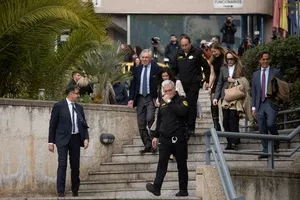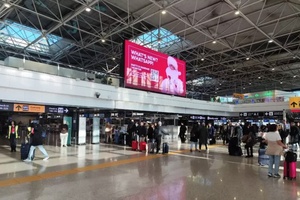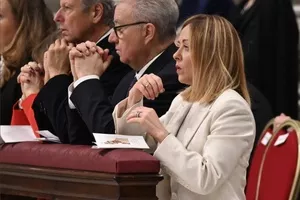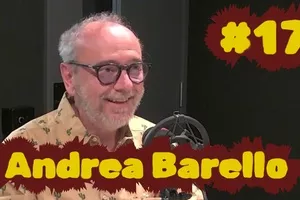Schools will remain open nationally this week, despite escalating government restrictions on other aspects of life such as travel and public events due to the spread of the coronavirus.
Geelong Grammar School on Saturday became the fourth Victorian school to announce it would shut its doors, after Carey Baptist Grammar and Yeshivah - Beth Rivkah Colleges closed last week due to teachers testing positive for the virus.
Westbourne Grammar School was closed from Friday while a student underwent testing.
But these cases are referred to as spot closures rather than a widespread shutdown.
While Victorian students will attend schools and universities as usual this week, Premier Daniel Andrews says he will not hesitate to close all educational institutions if medical advice changes.
Victorian Education Minister James Merlino has assured parents and students that should schools be closed due to the outbreak, measures would be imposed to ensure the continuity of education.
Merlino released the following statement on Friday, March 13:
“I understand there is a lot of concern in the community about the continuity of our kids’ education during the COVID-19 outbreak and I want to reassure all parents that the Department of Education has developed a range of options for supporting schools to ensure learning continuity for their students.
“Online and offline delivery options will be available and can be tailored to individual schools, and to different age groups of students.
“Online options also include access to a large number of learning resources aligned to the Victorian curriculum.
“If a school is closed, I want to assure all parents, teachers will be working remotely and available and in contact with their students to minimise the disruption to learning as much as possible.
“A new dedicated online website, Learning From Home, will be developed in response to the outbreak which will be available in the event of a prolonged school closure to supplement the work of each individual school.”
The Department of Education said online and offline delivery options to available to both primary and secondary schools include:
- curriculum-aligned digital assets, like videos and online activities (e.g. FUSE, Clickview)
- communication and collaboration platforms (e.g. Webex)
- learning management platforms (e.g. Google Classroom)
- self-directed learning opportunities across the curriculum that can be provided to students in printed workbooks or writable PDFs.
Summary information about each of these supports will be published in the coming days, and include benefits, examples of use in practice, privacy and other considerations, and instructions on how to access each support.
Schools who already have already have their own websites and platforms such as Compass which is used to support learning and communication with students and parents, will continue to use that as well as have the option to use Learning From Home where required.
All teachers are provided with a Department-funded laptop, which would enable them to work from home and remain in contact with their students and their parents or carers.
Schools will also be giving consideration to the individual learning needs of students, and how much parent involvement and supervision is required due to the age of students.
The Department of Education confirmed it is working closely with the VCAA to minimise disruption to VCE and VCAL teaching and learning programs and, as far as possible, ensure no student is disadvantaged.
Further advice regarding any interruption to the year’s VCE schedule will be provided as events unfold, while Year 11 and 12 students will receive the care and support they need during this important time in their schooling.
As is currently the case, any student whose VCE studies are affected by illness may be eligible to apply for special consideration, those decisions are made on a case by case basis.




























